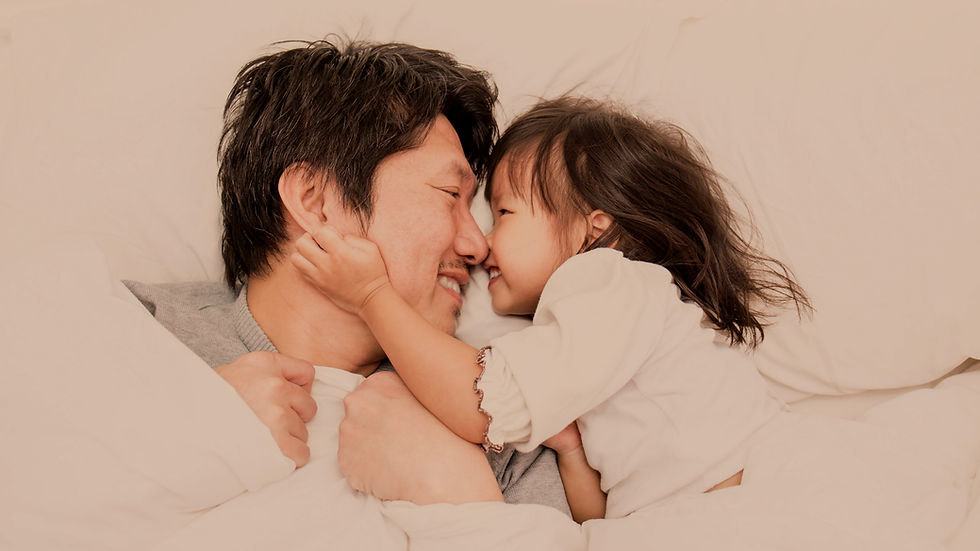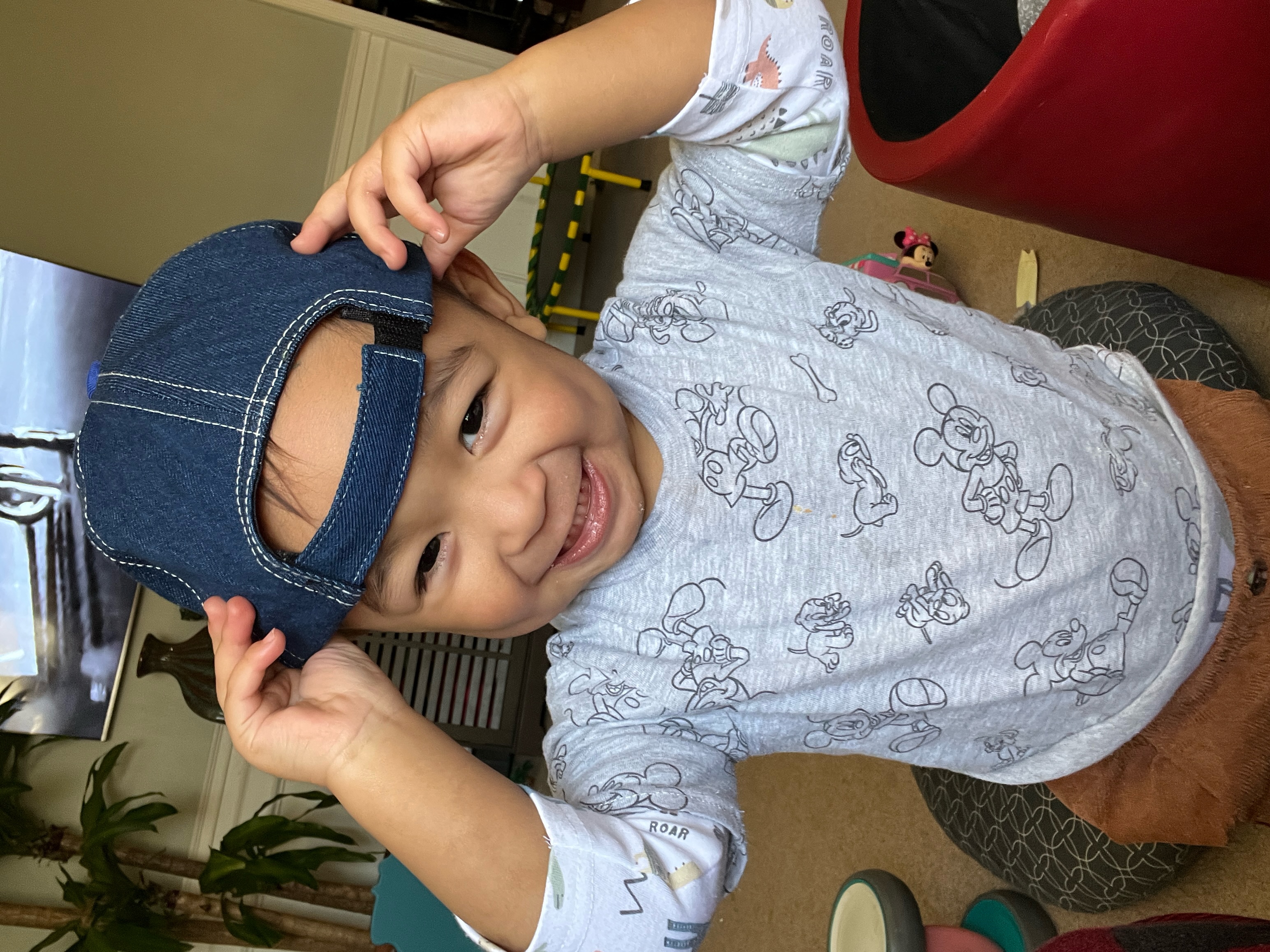Fatherhood Across Cultures: A Global Exploration of Diversity and Connection
- Lee B
- May 27, 2025
- 4 min read
Updated: Jun 1, 2025

Fatherhood is a universal journey, yet its expressions can vary widely across the globe. This post dives deep into the rich tapestry of practices, beliefs, and values that define fatherhood in different cultures. By embracing these differences, we gain insight into how fathers contribute to family life, nurture their children, and shape cultural identities. Each culture offers distinct perspectives that influence the daily experience of fatherhood.
Understanding Fatherhood: Definitions and Expectations
To understand fatherhood globally, we need to define what it means in diverse contexts. In general, fatherhood involves protective, nurturing, and guiding roles. However, traditions can shape how these roles are carried out.
In some communities, fatherhood ties closely with masculinity, honor, and family duties. In contrast, other cultures favor sharing parenting responsibilities, allowing emotional expressions to flourish. For instance, a survey reported that over 70% of fathers in Sweden participate in parental leave, illustrating a strong push for shared parenting.
East Asia: Confucian Values and Modern Dynamics
In East Asia, particularly in China and South Korea, Confucian ideals shape fatherhood significantly. Here, the father often embodies authority and discipline, regarded as the main provider and decision-maker. For example, recent research highlighted that about 50% of fathers in these regions have begun prioritizing emotional engagement with their children.
As these societies modernize, traditional roles gradually shift. Fathers are increasingly involved in school pickups and household chores, reflecting a new model of masculinity that values nurturing. In Japan, initiatives encouraging paternal involvement have surged, resulting in a 20% increase in fathers taking paternity leave over the last decade.
The African Perspective: A Tapestry of Traditions
African cultures present a vast array of fatherhood practices. In many communities, fathers serve as leaders and educators, embracing a sense of responsibility that extends beyond their children to include extended family and community. An illustrative study in Nigeria found that over 65% of fathers partake in significant social roles, teaching values and skills needed for adulthood.
In various cultures, fathers guide boys through initiation rites—a traditional practice that strengthens familial bonds while passing down wisdom. Urbanization and migration introduce new challenges, ultimately blending traditional and modern fatherhood styles.
North America: Evolving Norms in Parenting
In the United States and Canada, the archetype of the “American Dad” traditionally centered around authority and stability. However, the past few decades have transformed this image significantly. Many fathers are now embracing active parenting roles, with nearly 75% reporting a desire for greater involvement in their children's lives.
This shift includes taking paternity leave and advocating for shared parenting responsibilities. A study indicated that as many as 30% of fathers now opt for extended parental leave, emphasizing emotional connection as a priority in modern fatherhood.
Latin America: Familialism and Paternal Bonds
In Latin American cultures, fatherhood often revolves around familialism, where family loyalty emerges as a central value. Fathers typically serve as protectors and are influential in instilling moral values and social aspirations in their children. Data shows that over 80% of fathers in these regions see themselves primarily as family providers.
Despite longstanding traditional expectations, societal changes are evident. An increasing number of fathers share child-rearing responsibilities, making the "stay-at-home dad" more commonplace. This evolution reflects a broader redefinition of masculinity, encouraging more engaged and nurturing fatherhood.
The Middle East: Balancing Tradition and Change
In the Middle East, fatherhood is deeply intertwined with cultural customs and religious teachings. Fathers naturally assume roles of authority, protection, and provision. Yet, as education and women's rights progress, fathers are starting to engage more actively in their children's lives.
Surveys indicate that nearly 60% of fathers now support their daughters’ education, an encouraging shift towards gender equality in parenting. This change opens pathways for emotional expression and shared nurturing responsibilities, further reshaping fatherhood roles.
Indigenous Cultures: Wisdom and Connection
In many indigenous cultures, fatherhood embodies a unique richness. Fathers serve as guiding figures, imparting ancestral knowledge and cultural traditions. Their responsibilities extend beyond immediate needs, emphasizing the importance of raising children who respect both their heritage and the environment.
For instance, fathers might teach skills necessary for sustainable living, connecting their children's upbringing to broader issues of cultural preservation. Such practices strengthen community ties, ensuring that cultural identity continues for future generations.
The Modern Global Landscape: Fatherhood in the 21st Century
In our increasingly globalized world, fatherhood is undergoing significant changes. New technologies, evolving gender roles, and global media influence expressions of fatherhood.
Social media serves as a vital space where fathers share experiences, parenting advice, and the challenges they face within their cultures. This exchange creates a sense of support and community across borders, reinforcing the idea that no father is alone in his journey.
The Influence of Globalization: A Blended Experience
Globalization has led to a blending of values and practices in fatherhood. Collaborative parenting philosophies are emerging, breaking down barriers between cultures.
For instance, Western ideals of active involvement are now reaching cultures where fathers traditionally played a minimal role in child-rearing. This merging creates hybrid parenting styles that draw from various traditions, allowing fathers to adapt their approaches while honoring their cultural roots.
Challenges and Opportunities in Diverse Fatherhood
Today's fathers face both challenges and opportunities as they navigate evolving expectations. Balancing traditional roles with modern demands can be difficult, yet many find this evolution liberating.
The opportunity lies in fostering open dialogues about fatherhood, dismantling stereotypes, and creating supportive networks. Engaging with other dads can provide insights and strengthen bonds, planting the seeds for a more understanding approach to fatherhood.
Celebrating the Richness of Fatherhood
Exploring fatherhood from various cultural angles reveals that no single definition fits all. The beauty of fatherhood shines through its diversity, influenced by tradition, modern challenges, and individual experiences.
By recognizing and celebrating these differences, we can foster connections among fathers worldwide. This understanding deepens respect and facilitates the sharing of wisdom, enriching both family life and society at large.
In these times of division, fatherhood can act as a bridge. Our journey may vary, but the love for our children and commitment to their growth binds us together across borders and cultures. Embracing diverse expressions of fatherhood helps broaden our perspectives, paving the way for a more connected global community.



